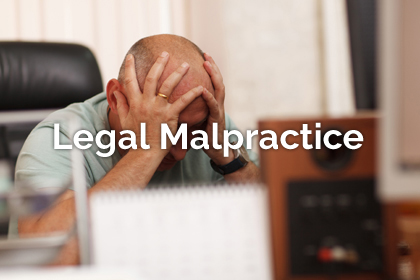There are Federal and State leave laws that permit employees to take unpaid leave under certain circumstances. On a Federal level, the law that permits some employees to take protected family leave is the Family and Medical Leave Act (FMLA). In the State of New Jersey, there is a law that permits employees to care for sick loved ones called the NJ Family Leave Act.
Employers do not always like when employees take advantage of their rights under these laws. When an employee takes a medical leave under FMLA for their own serious health condition or takes a leave for a sick loved one under the New Jersey Family Leave Act, an employer may dislike having to operate the business in the absence of the employee. In such instances, an employer may look to terminate the absent employee during or after the medical leave out of retaliation for having exercised rights under these laws.
Because it is understood that employers sometimes take action against employees for their exercising their rights under the FMLA or the New Jersey Family Leave Act, it is against the law for an employer to retaliate for taking such medical leaves.
To prove a case of retaliation under FMLA or the New Jersey Family Leave Act, an employee must prove that he or she was entitled to take leave under the medical leave statute. This includes determining whether the employer had the correct number of employees (50+) and that the employee worked the required number of hours over an entire year. The employee must also show that he or she or a family member had a serious medical condition.
The employee must then prove that he or she was retaliated against for making the complaint. There must be an adverse employment action. The strongest cases involve clear adverse employment actions. Adverse employment actions are changes to the terms and conditions of employment.
The most drastic adverse employment action is job termination. However, other actions will also qualify. These include job suspension, discipline, or demotion. Severe or frequent harassment can also constitute an adverse employment action. Sometimes, a workplace becomes so hostile that it forces an employee to resign or to be constructively terminated.
In addition, employers are also not permitted to interfere with an employee’s desire to take a medical leave. An employer must act in good faith and cooperate in an employee’s efforts to take a medical leave.
We Are Proven NJ FMLA Lawyers
Mr. Wronko is one of the most experienced and proven NJ FMLA lawyers. He obtained a $150,000 settlement following a two (2) week trial in Elizabeth, Union County, New Jersey Superior Court in Tafur v. Plainfield Board of Education. In that case, Ms. Tafur alleged, in part, that she had been retaliated against for taking multiple leaves under the FMLA. If you would like an initial telephone consultation on a retaliation claim under the FMLA and New Jersey Family Leave Act, please call (973) 360-1001.



